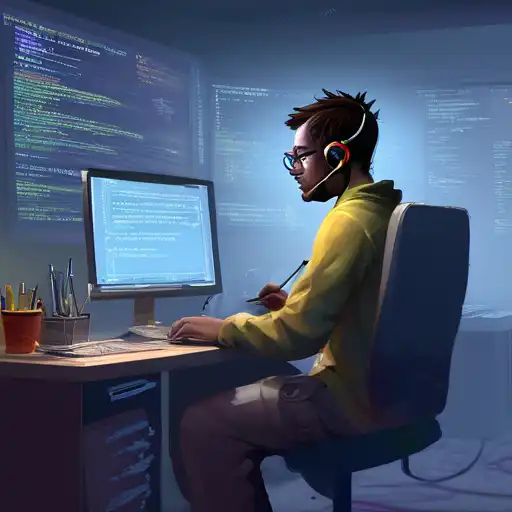Introduction to Debugging for New Programmers
Debugging is an essential skill for any programmer, especially for those just starting out. It involves identifying and resolving errors or bugs in your code that prevent it from running correctly. This guide will provide you with practical debugging tips to help you become more efficient and confident in your coding journey.
Understand the Error Messages
One of the first steps in debugging is to read and understand the error messages your compiler or interpreter provides. These messages often contain valuable information about what went wrong and where in your code the issue occurred. Taking the time to familiarize yourself with common error messages can save you hours of frustration.
Use a Debugger Tool
Most Integrated Development Environments (IDEs) come with built-in debugger tools. These tools allow you to step through your code line by line, inspect variables, and see the flow of execution. Learning how to use these tools can significantly speed up your debugging process.
Check Your Code Line by Line
Sometimes, the best way to find a bug is to go through your code line by line. This method, known as 'rubber duck debugging,' involves explaining your code to an inanimate object (like a rubber duck) to understand where things might be going wrong. It sounds silly, but it's surprisingly effective.
Take Breaks
Debugging can be frustrating, especially when you're stuck on a particularly tricky bug. Taking short breaks can help clear your mind and often leads to a fresh perspective when you return to the problem.
Search for Solutions Online
You're not alone in your debugging struggles. Many programmers have faced similar issues and have shared their solutions online. Websites like Stack Overflow can be invaluable resources for finding answers to common (and uncommon) programming problems.
Write Test Cases
Writing test cases for your code can help you identify bugs early in the development process. By testing individual components of your code, you can isolate problems more easily and ensure that your fixes don't introduce new bugs.
Keep Learning
Debugging is a skill that improves with practice and experience. The more you code and debug, the better you'll become at identifying and fixing errors. Don't be discouraged by bugs; see them as opportunities to learn and grow as a programmer.
For more programming tips, check out our programming tips section.
Conclusion
Debugging is a critical part of programming that all beginners must master. By understanding error messages, using debugger tools, checking your code line by line, taking breaks, searching for solutions online, writing test cases, and continuously learning, you can become more proficient at debugging. Remember, every programmer faces bugs; what matters is how you deal with them.
